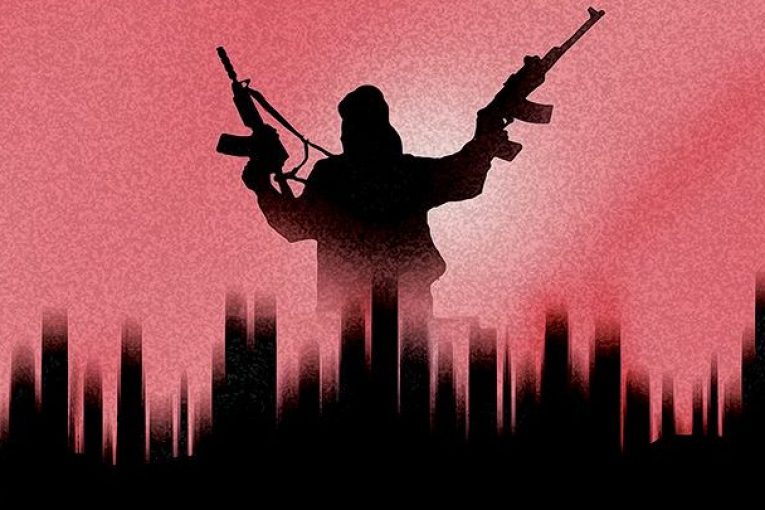
BENAICHA Benyouness[1], SBAI Abdelkader[2], BENRABIA Khadija[3]
- [1] Docteur en Géographie, faculté des lettres et Sciences Humaines, Université Mohamed Ier, Oujda, Maroc
- [2] Professeur, Université Mohamed Ier, Oujda, Maroc
- [3] Professeur, Université Mohamed Ier, Oujda, Maroc
المركز الديمقراطي العربي : –
- مجلة الدراسات الأفريقية وحوض النيل : العدد عشرون حزيران – يونيو 2023 ,مجلد 05 مجلة دورية علمية محكمة تصدر عن المركز الديمقراطي العربي ألمانيا – برلين .
-
تُعنى المجلة بالدراسات والبحوث والأوراق البحثية عمومًا في مجالات العلوم السياسية والعلاقات الدولية وكافة القضايا المتعلقة بالقارة الأفريقية ودول حوض النيل.
Journal of African Studies and the Nile Basin
للأطلاع على البحث “pdf” من خلال الرابط المرفق :-
الملخص:
بعد الهجمات التي عرفتها مدينة نيويورك بالولايات المتحدة في 11 سبتمبر 2001، شهدت ظاهرة الإرهاب بُعدًا دوليًا غير مسبوق. كما شهدت أوروبا أيضًا عدة هجمات وصفت بالإرهابية، بحيث أن المهاجمين هم في الأساس شباب مغاربيون وأفارقة من أصول مهاجرة، ما خلق نوع من الربط بين الهجرة والإرهاب. ونتيجة لذلك، تجد الجالية المغربية والمغاربية والإفريقية المسلمة بأوروبا نفسها، بعد كل هجوم ضحية لأعمال العنف والكراهية والإسلاموفوبيا.
لذا يسعى هذا المقال إلى دراسة هذا الوضع الدقيق الذي يربط بين الهجرة والإرهاب من خلال محاولة رصد مختلف أشكال العنف الذي تتعرض له الجالية المغربية والمغاربية والإفريقية المسلمة بأوروبا بعد الهجمات الإرهابية. كما سنحاول معرفة ما إذا كان هذا العداء وهذا العنف الموصوف بالإرهاب، عبارة عن رد فعل ضد التهميش والإقصاء الذي تعيشه هذه الجالية في بعض بلدان الاستقبال. ستعتمد هذه الدراسة على منهجية بحث تجمع بين المنهج النوعي والكمي وعلى الأبحاث السابقة والمقابلات.
Abstract
After the attacks of September 11, 2001 in New York, in the United States, the phenomenon of terrorism experienced an unavoidable international dimension. Europe, too, has experienced several attacks qualified as terrorists, whose actors in these attacks are mainly young North Africans with an immigrant background. This has created a twinning between migration and terrorism. Consequently, the Moroccan and North African Muslim community in Europe finds itself, after each attack, a victim of acts of xenophobia, violence and Islamophobia.
This delicate situation pushes us in this article to question migration and terrorism, and to seek to present the forms of violence that the Moroccan and North African Muslim community undergoes in Europe after the terrorist attacks. We are going to try to find out if this hostility and this violence qualified as terrorism, is only a reaction against the marginalization and exclusion established by certain countries vis-à-vis this community, based on a research method which combines qualitative and quantitative, documentary research and interviews.
.
رابط المصدر:
